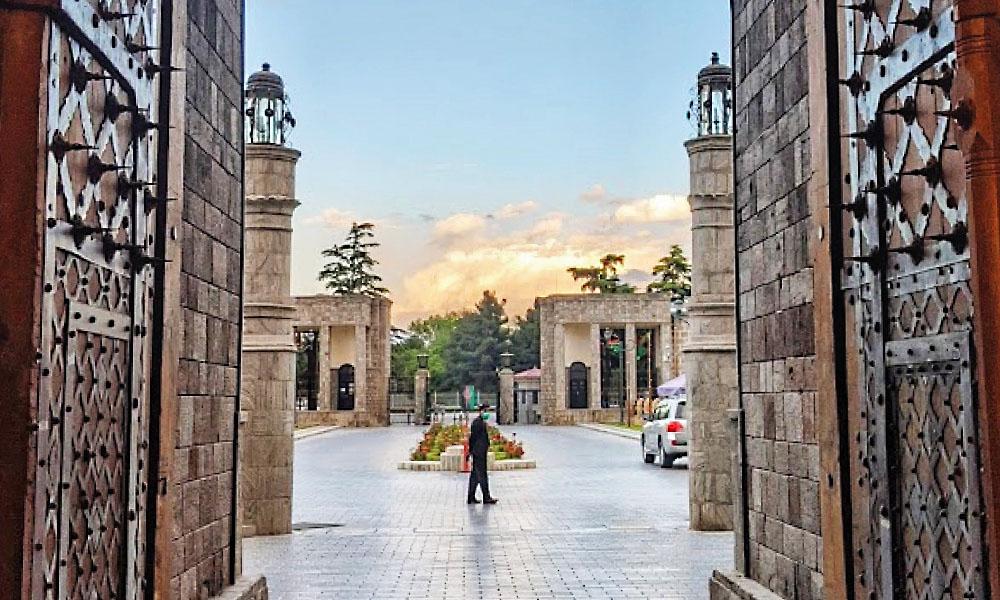New lecture series honors late Terry Beitzel
News
SUMMARY: Afghan scholar draws 'lessons for leadership' from regime's collapse.
By David Doremus
A lecture titled "The Fall of Kabul: Lessons for Leadership," will be delivered by Samiullah Nuristani, Ph.D., on Thursday, March 3, at 4 p.m. in Wilson Hall.
Nuristani’s research on leadership, trust and corruption in his native Afghanistan led to his recent appointment as a faculty fellow for JMU’s Mahatma Gandhi Center for Global Nonviolence. The center has as its core mission the promotion of justice and nonviolence through education, scholarship and engagement.
Admission to Nuristani’s talk is free and all are welcome to attend. It honors the memory of Terry D. Beitzel, who died early last year of COVID-19 complications. Beitzel, a professor of justice studies at JMU, had served as the director of the Gandhi Center and was also an active member of the Advisory Council of the James Madison Center for Civic Engagement.
The lecture is the first in a projected series of events which will bring distinguished scholars and practitioners of nonviolence to JMU to speak, lead seminars, moderate panel discussions and engage in a variety of other interactions with faculty, students and the larger community.
“It's a privilege to be part of the inaugural event for this new series honoring Terry,” says Nuristani.
Nuristani is a recent graduate of the School of Strategic Leadership Studies, an interdisciplinary Ph.D. program at JMU. Born in Afghanistan, he returned there in January 2021 for an extended study-visit. It ended abruptly last August with the collapse of the nation’s democratically elected government.
Nuristani says that, while there, he “gained insight into what was happening in the presidential palace in terms of dealing with the return of the Taliban,” when a coalition of allies led by the United States had already decided to end their military presence there.
He says his talk will combine the objective data he collected with his “actual experiences on the ground,” during which he directly witnessed leadership failures that resulted in widespread dissatisfaction among ordinary Afghans, and ultimately the failure of the regime.
